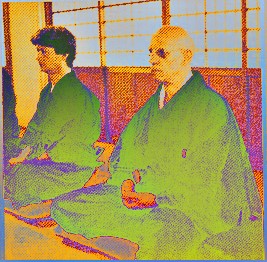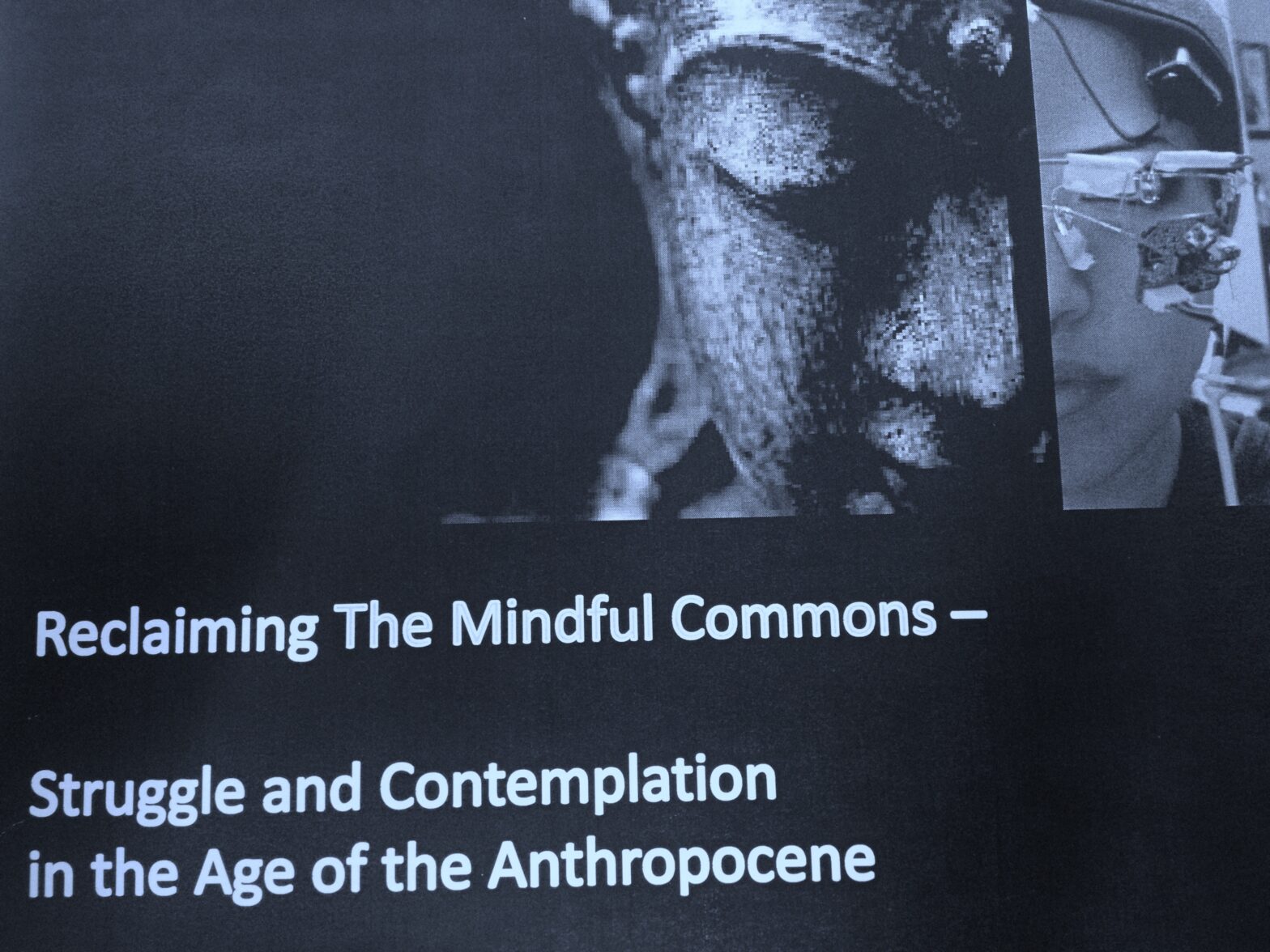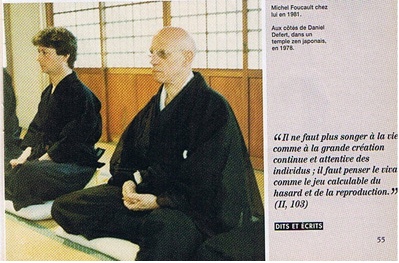The underlying teachings of mindfulness offer much more in this consumer age; they offer new sources of critical inquiry into our collective condition under the sway of consumer culture. Since the post-WWll rise of mass advertising and the more recent global advance of consumer culture cultivated through the ubiquitous forms of media technology, our collective… Continue reading Beyond Mindfulness – A call for a critical political economy of attention
Beyond Mindfulness – A call for a critical political economy of attention


